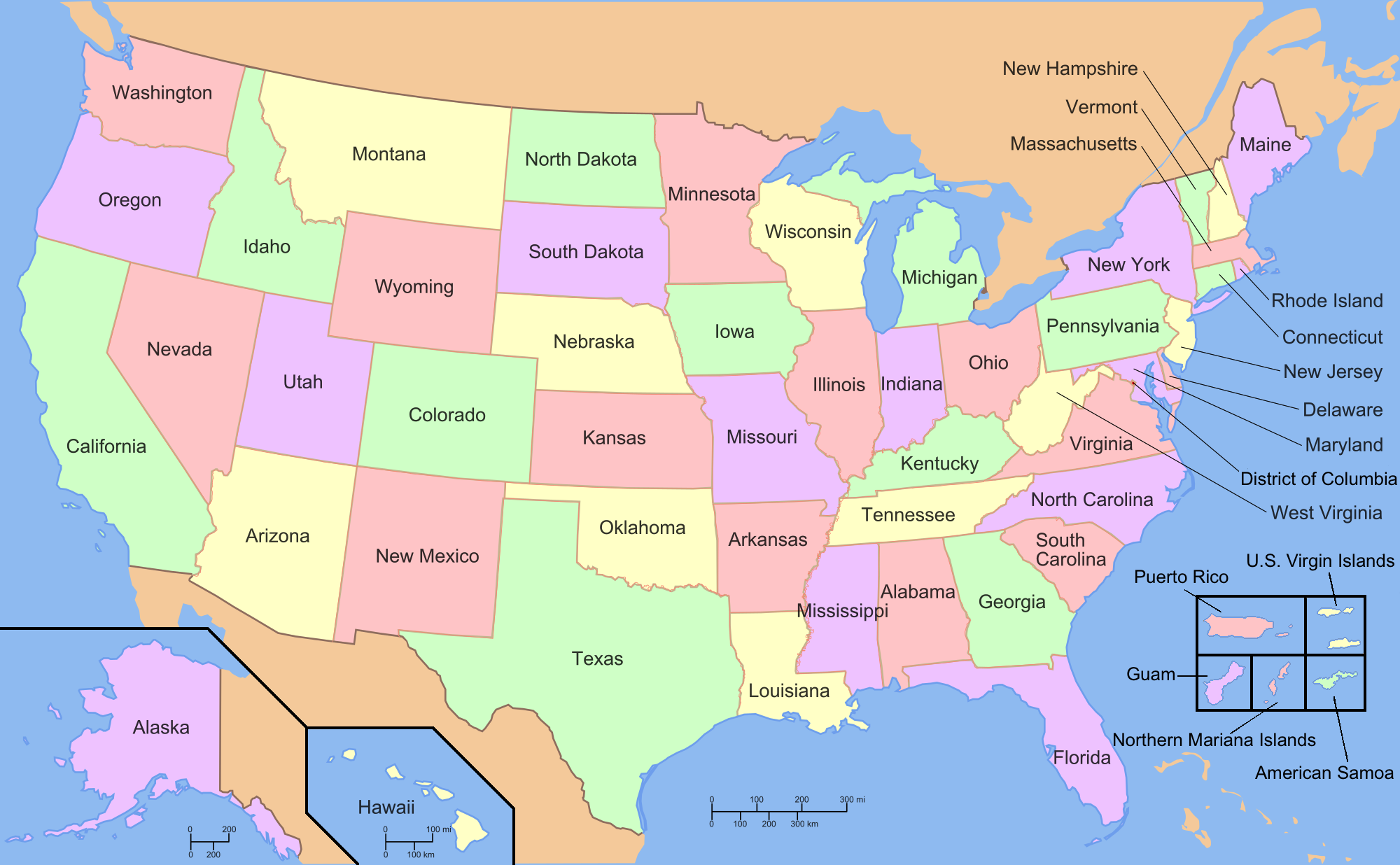What to Know About Car Insurance and Rental Cars
Renting a car can be a convenient solution for travel, business, or temporary transportation needs. However, understanding how car insurance works when renting can often be confusing and overwhelming. This article explores the essential aspects of rental car insurance, what coverage you might need, and tips for making informed decisions.
Understanding Your Options
When you rent a car, the rental company typically offers several insurance options. These often include:
1. Collision Damage Waiver (CDW) / Loss Damage Waiver (LDW):
This is not technically insurance. Instead, it absolves you of financial responsibility if the rental car is damaged or stolen. Although CDW can add to your rental costs, it might save you significant repair bills. According to a 2023 survey by the Insurance Information Institute, CDWs typically cost $10 to $30 per day.
2. Liability Insurance:
Liability insurance covers you for damage you might cause to others and their property. Many states in the U.S. require liability insurance. However, coverage offered by rental companies is often minimal—around $10 to $15 per day—making it crucial to ensure sufficient protection through either personal policies or rental agreements.
3. Personal Accident Insurance:
This insurance covers medical expenses for you and your passengers after an accident. It usually costs $1 to $5 daily, providing coverage which might already be included in your existing health insurance or personal car insurance policy.
4. Personal Effects Coverage:
If you are concerned about theft or damage to belongings, this can cover personal items within the rented vehicle. Note that this might overlap with homeowner’s or renter’s insurance policies.
Assess Your Existing Coverage
Before opting for rental car insurance, review your current auto insurance policy. Most personal auto insurance policies cover rental vehicles, offering similar protection levels. Here are some key considerations:
- Collision and Comprehensive Coverage: If your existing policy contains these, it might already protect you against rental car damages or theft.
- Liability Limits: Check if your liability limits are adequate for a rental car and consider additional protection if necessary.
- Credit Card Benefits: Some credit cards offer rental car insurance as a perk. Check with your card issuer about the type and extent of coverage provided, as well as any conditions or exclusions.
Evaluate Rental Car Situations
There are certain instances where getting the rental car company’s insurance might be wise:
- International Travel: Personal auto insurance often doesn’t provide coverage when driving a rental car outside your home country. Rental insurance might be essential in such cases.
- Business Rentals: If you rent a car for business purposes, personal auto policies typically do not cover it. Check if your employer offers coverage or consider purchasing additional protection.
- Lack of Insurance: If you do not have personal car insurance, purchasing rental car insurance is advisable to avoid being personally liable for any damages or accidents.
Tips for Making Informed Decisions
- Compare Costs: Before rental, compare the cost of purchasing insurance from the rental company with extending your policy coverage or utilizing credit card benefits.
- Read the Fine Print: Pay attention to rental company terms and insurance exclusions or conditions to ensure you’re selecting the right protections.
- Factor In Your Needs: Consider the rental duration and location. For extended trips or travel in high-risk areas, comprehensive coverage might be necessary.
- Consult an Insurance Expert: If unsure, discussing with an insurance agent can provide clarity on coverage needs and cost-effective options.
Conclusion
Choosing the right insurance when renting a car can save you from significant unforeseen expenses and stress. Review your existing policies, understand available options, and make an informed choice based on your travel needs and risk factors. With these steps, you can ensure a smoother, worry-free rental car experience. As always, the peace of mind provided by adequate protection is often worth the cost. By understanding your needs and the insurance landscape, you can enjoy safe and hassle-free journeys, whether for business or pleasure.










